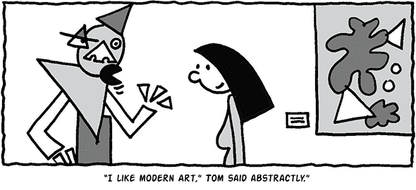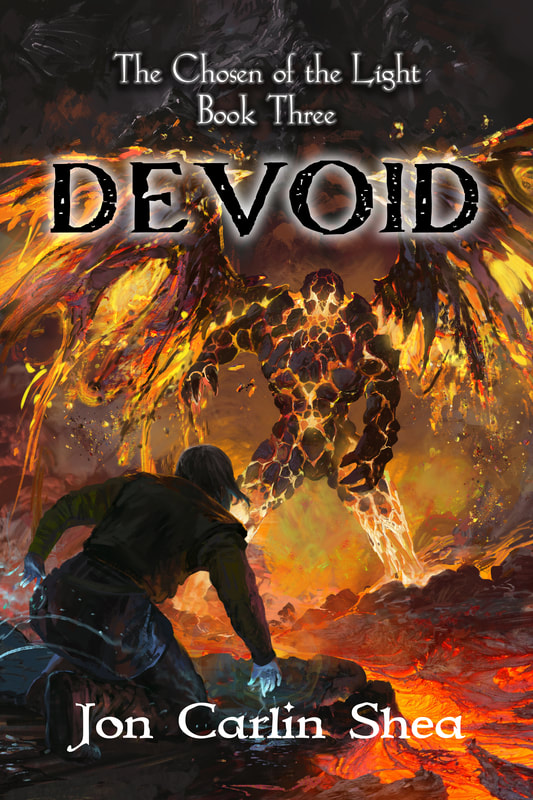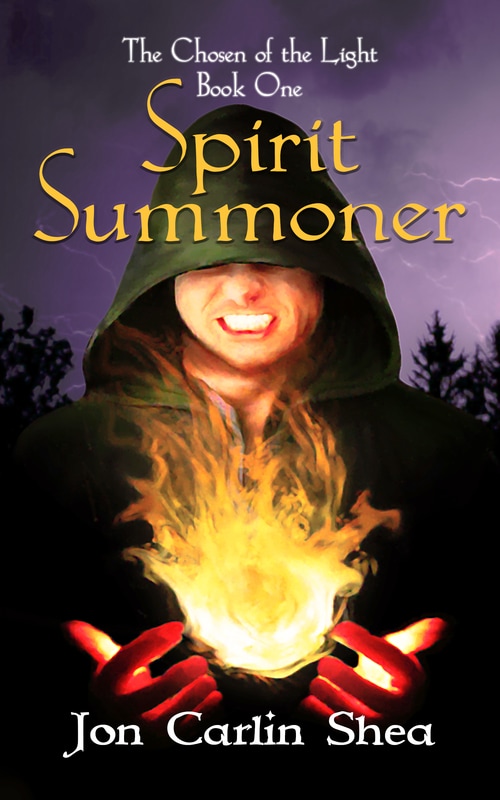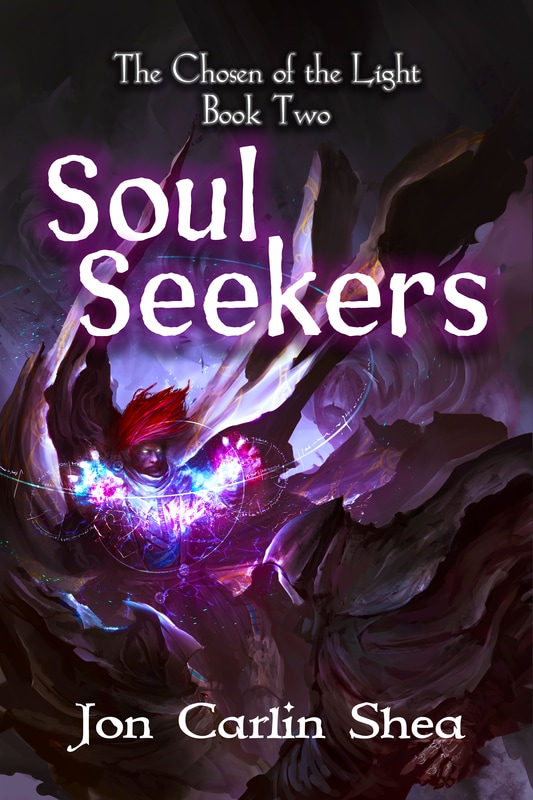 With my latest phase of editing off to my editor, I’ve been reflecting on my writing style. I’ve read through my manuscript about six times in the last few months, examining and correcting all of my various mistakes. It’s been a learning experience, and I’m a stronger writer because of it. Here’s some of the most challenging obstacles I’ve overcome. Tom Swifty: The Man…the Menace Tom Swifty’s first attack came suddenly. In an instant, he flung himself across my desk and strangled my manuscript with a meaty hand. All of a sudden, he rose up, and swiftly tore the pages asunder all at once. Abruptly, my story had come to an end. Rubish, I know, and a complete exaggeration. And just to be clear, I’m not mocking a true Tom Swifty. When my editor suggested I cut back on –ly adverbs, she referenced Tom Swifty. I’d heard the terms used before, but never really understood it's meaning. I listened to my editor’s advice on –ly adverbs, but I also noticed how bogged down my writing was with words like suddenly, abruptly, all of a sudden, all at once, instantly, and …eh, swiftly. I took to calling these words Tom Swifties, and I’d hunt them down like the renegades they were. The strategy behind using these words seems straightforward. You want to convey some urgency in your writing, or perhaps something has happened unexpectedly. Throwing an “instantly” or an “all of a sudden” into the sentence tells the reader to listen up and pay attention because something big is going down. I found these words actually slowed the action, and sometimes even stalled it out completely. Every now and then these words are useful, but sparingly. When their overused, they just get stale and meaningless. I found in most instances, if something big is going down, just tell the reader (they’re smart enough to know the explosion that just shook your character to her knees was unexpected and came out of the blue). The End of “Started” Two of my most cherished words I found were “began” and “started”. Most of them got cut out, and for good reason. But first, some examples: He began to see why she’d been talking about leaving town for so long. Debra started to wonder if she’d ever see Ron again. Bill stopped on the side of the road for he started to see the error of his ways. In all of these examples, a lengthy exposition would follow which only leads to this: He saw why she’d been talking about leaving town for so long. Debra wondered if she’d ever see Ron again. Bill stopped on the side of the road because he saw the error of his ways. The exposition is sometimes needed, but I found that the words “began” and “started” (and sometimes “seemed”) all only served to up the word count. Looking back, I can’t even explain why I would have written that way, except maybe to show my character’s thought processes. Even if that’s why we do it, there are simpler ways to show how a character arrives at a particular viewpoint. The Youngling, the Teenager, and the Old Man Jack Swifty looked up to his father in the way most boys did. Sometimes, the boy would fantasize what it would be like to grow up, to finally fill his father’s shoes. After all, the youngest Swifty had come a long way in his short life. The blond-haired son didn’t give up at the first sign of trouble. Terrible, but I hope I’m making my point. In each of the above sentences, I’m talking about Jack Swifty. I’ve seen this in a lot of different genres of writing, where in order to break up a sensation of repetition, the author comes up with an alterative way of describing a character. It almost always starts with “the”. The Hobbit, the mage, the priest, the detective, the assassin, the girl, or the storyteller. I’m guilty of overusing this technique. Why? As I mentioned before, fear of repetition is fairly common in the writing world. No author wants to bog down a reader with repeating names over and over again. So you throw in an alternate “name”, maybe two even, and before you know it, you’ve completely lost your audience. They no longer know who you’re talking about. My editor said it best: “Names to a reader are comfortable sign posts, they don’t get seen as we the writer sees them—again and again and again.” (S.R. Howen) In my case, I did a fair amount of chopping. I stopped worrying so much about repeating myself, and in areas where I felt like I was being too repetitive, I scrutinized those spots and looked at other causes. Maybe I was saying the same thing twice or jambling. Either way, I saved my story by doing away with these crutches.
0 Comments
Leave a Reply. |
Archives
March 2019
Categories |




 RSS Feed
RSS Feed
